Account scoring is a process used to evaluate and prioritize accounts based on their potential value and likelihood to generate revenue or engage in a business partnership.
CRM data plays a crucial role in this exercise, as it provides valuable insights to make informed decisions. Going beyond what’s in your CRM, data about your customers can be used in the following ways:
Historical interactions are usually stored in your CRM, marketing automation or sales/CS engagement tools. This includes records of previous engagements, transactions, and communication with the account. Analyzing this information helps in understanding the account's behavior, preferences, and past responses to different marketing or sales efforts.
Account attributes: CRM data provides information on various account attributes, such as company size, industry, annual revenue, and location. These factors are important for segmentation and creating targeted strategies that align with the account's profile.
Purchase history: Analyzing the account's past purchases, product usage, and spending patterns can help identify upselling or cross-selling opportunities. This usually comes from your payment system, like GoCardless or Stripe. It also enables a better understanding of the account's potential value.
Payment behavior: Payments data can reveal the account's creditworthiness, payment history, and financial stability. This information is essential for assessing risk and deciding on suitable terms of engagement.
Engagement levels: Monitoring the account's level of interaction with your company's marketing and sales efforts, such as email opens, website visits, or event attendance, can provide insights into their interest and likelihood of conversion.
Customer satisfaction: NPS data, like customer feedback or support tickets, can help gauge the account's overall satisfaction and identify areas of improvement. Satisfied customers are more likely to make repeat purchases, recommend your company to others, and become long-term, loyal clients.
Product usage metrics like frequency of use, feature adoption, time spent, user activity, depth of usage, user growth, customer success milestones, usage trends, product performance, and support requests are crucial in account scoring.
Custom scoring models: If you have a data science team and a data warehouse, you can create customized scoring models that take into account their unique sales process, industry trends, and company objectives. This allows for a more accurate and relevant prioritization of accounts.
CRM data is significant in a B2B account scoring exercise as it helps you prioritize accounts with the highest potential value, optimize sales and marketing efforts, and ultimately, drive revenue growth.

